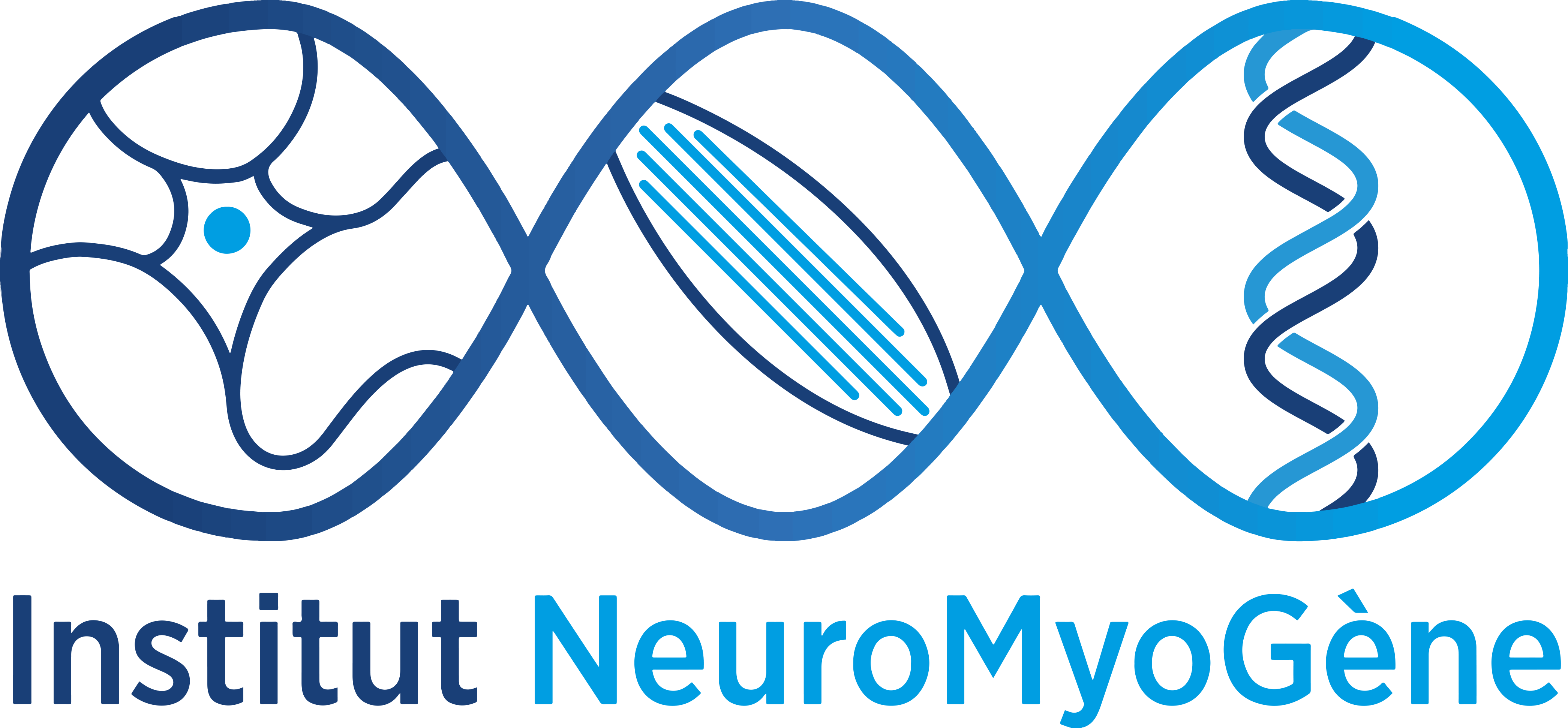We are pleased to welcome Binnaz YALCIN from the Center for Translational and Molecular medicine in Dijon on December 2nd. She will give a seminar at 11.30 am entitled: “From genes to neurological disorders: how genes shape our brain”. The seminar will be in the Amphi Physique, ground floor, staircase A.
Abstract
My current research focuses on the understanding of how genes influence brain shape in health and disease with a focus on cognitive disorders. The general approach taken by my lab is to use mouse genetics on a large scale to identify brain mutant phenotypes caused by genetic manipulations. The underlying gene functions and biological mechanisms are then investigated using cellular and molecular studies. We have thus characterised a large collection of mouse mutants that unambiguously associates genetic mutations to neuroanatomical phenotypes and have pushed this knowledge forward by discovering the function of several genes in the brain.
Selection of recent publications as lead/co-lead author:
- Laugwitz L et al. ZSCAN10 deficiency causes a neurodevelopmental disorder with characteristic oto-facial malformations. Brain. 2024 Feb 22.
- Kretz P et al. Dissecting the autism-associated 16p11.2 locus identifies sex-specific drivers in neuroanatomical phenotypes and unveils a new role for the major vault protein. Genome Biology. 2023 Nov 15;24(1):261.
- Denommé-Pichon AS et al. YWHAE loss of function causes a rare neurodevelopmental disease with brain abnormalities in human and mouse. Genetics in Medicine. 2023 Mar 28:100835.
- Szpak M et al. A positively-selected MAGEE2 LoF allele is associated with sexual dimorphism in human brain size, and shows similar phenotypes in Magee2 null mice. Molecular Biology & Evolution. 2021 Aug 31.
- Duncan AR et al. Heterozygous Variants in KDM4B Lead to Global Developmental Delay and Neuroanatomical Defects. Am J of Hum Genet. 2020 Dec;107(6):1170-1177.
- Collins SC et al. Large-scale neuroanatomical study uncovers 198 gene associations in mouse brain morphogenesis. Nature Communications. 2019 Aug;10(1):3465.
- Kannan M et al. WD40-repeat 47, a microtubule-associated protein, is essential for brain development and autophagy. PNAS. 2017 Oct 31;114(44).

